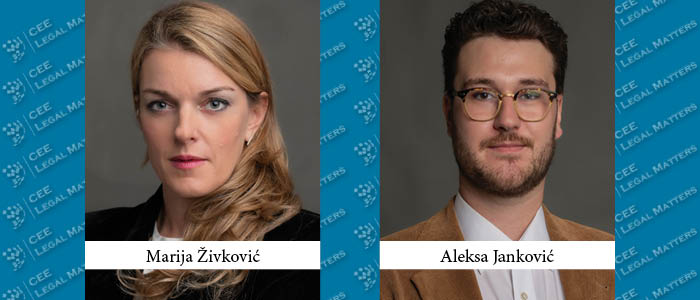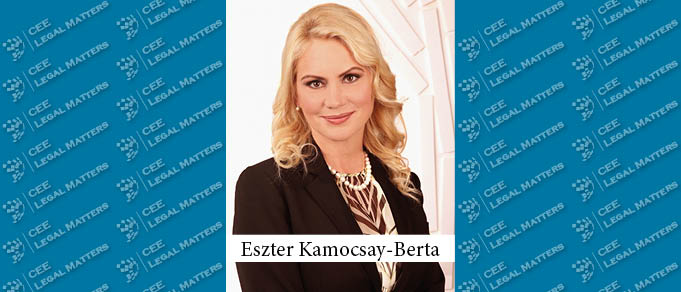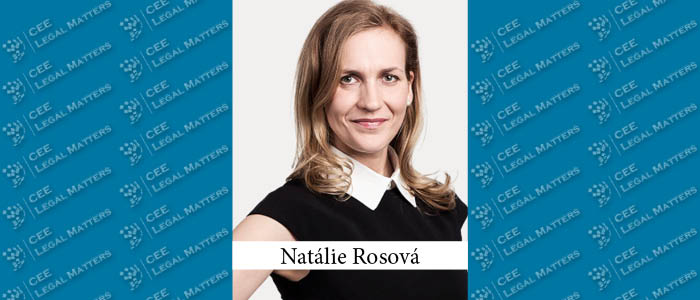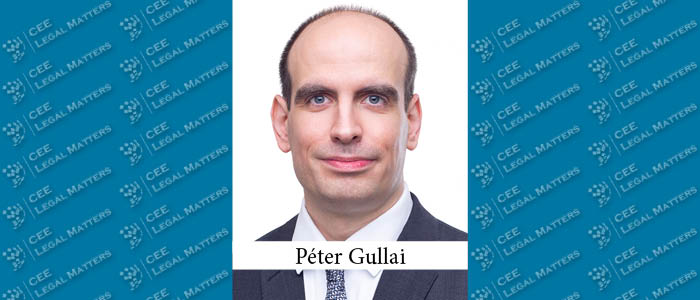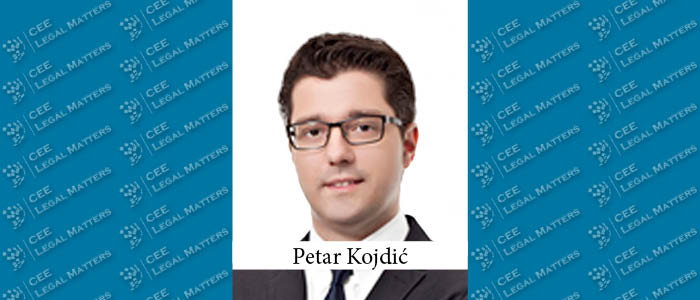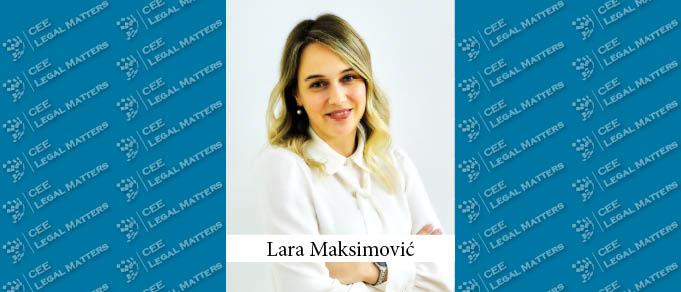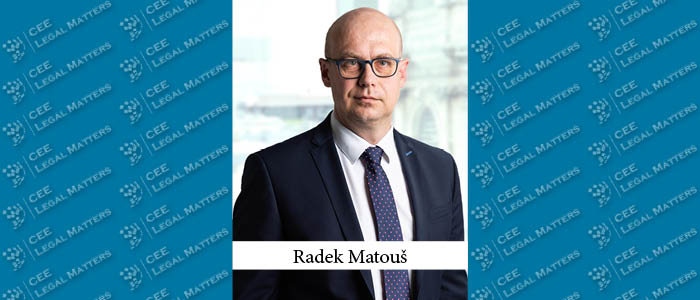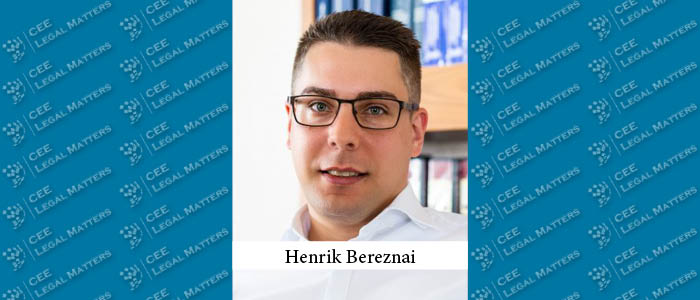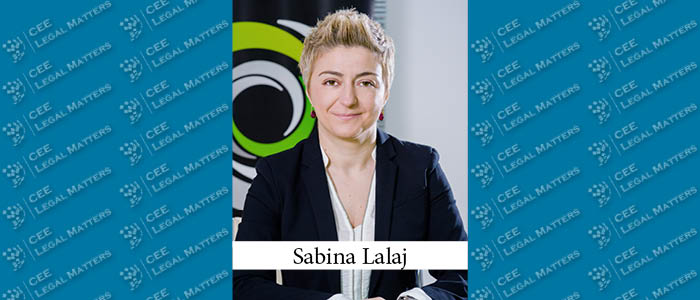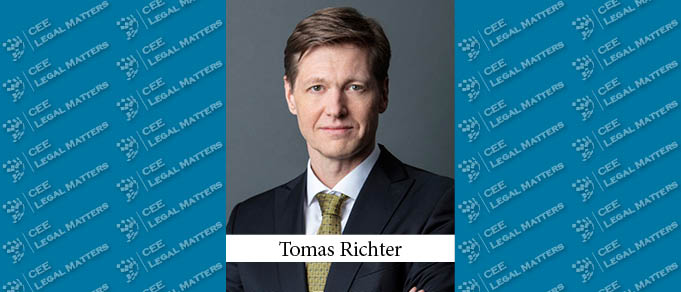The Ministry of Economic Development and Tourism adopted the Draft Law on Real Estate Brokerage. The adoption of this law is motivated primarily by the need to suppress the grey economy that is flourishing in the field of real estate brokerage. The second, equally important motive is the protection of participants and the prevention of abuses and fraud in real estate sales.
Elevating Climate Protection as a Key Funding Priority
In the past, banks have predominantly relied on financial metrics to guide their funding strategies. However, with the prominence and importance of ESG (Environmental, Social and Governance) principles, a paradigm shift is underway. Sustainability metrics are gaining prominence in the decision-making process for financing companies or projects.
What Changes Will the Czech Republic's New Preventive Restructuring Act Bring to Debtors and Creditors?
After a delay of more than a year, an act on preventive restructuring (the "Act") implementing the EU directive on preventive restructuring frameworks finally became effective in the Czech Republic on 23 September 2023. The long-awaited Act introduces a brand-new legal tool preventing the insolvency of viable enterprises in temporary financial distress.
EU Publishes New Regulation on Alternative Fuel Infrastructure
At the end of September, the long-awaited Regulation (EU) 2023/1804) on the deployment of alternative fuel infrastructure, and repealing Directive 2014/94/EU (“AFIR”) was published in the Official Journal of the European Union. Though the entry into force of AFIR is 13 April 2024, it is worth reviewing the key takeaways that the AFIR introduces as part of the EU’s Fit for 55 package.
Trade Secrets Litigation in the EU: A Glimpse into the Landscape
Trade secrets are an invaluable asset for many businesses, often encompassing years of research, innovation, and strategic development. Protecting them is paramount, and the legal landscape surrounding this protection is ever-evolving. The European Union Intellectual Property Office (EUIPO) recently published the report “Trade Secrets Litigation Trends in the EU” (June 2023), which provides fresh insights into the state of trade secrets litigation within the European Union.
Non-Bank Lending in Serbia
September 2023 – According to Article 5 of the Serbian Banking Act (Zakon o bankama), no person other than a bank licensed in Serbia may engage in the granting of loans unless authorised by law. One Serbian law that does allow foreign banks (i.e., banks not established and licensed in Serbia) to provide cross-border loans to Serbian entities is the Serbian Foreign Exchange Act (Zakon o deviznom poslovanju). In particular, Article 18(7) of the Foreign Exchange Act expressly allows Serbian entities to borrow cross-border from foreign banks, which are not required to obtain a banking licence in Serbia for this purpose.
Is There a Deadline for Asking the Judge to Reduce Penalties in Hungary?
Under Hungarian law the judge can reduce the amount of the contractual penalty if it is excessive. The penalty reduction shall be expressly requested by the defendant during the litigation. Can the defendant submit such request at any time during the litigation, or is there any deadline for that? In a recent decision, the Hungarian Supreme Court addressed this issue.
Novelties Pertaining to Excise Taxation
The Law on Amendments to the Law on Excise (“the Law”) was published in the Official Gazette of the Republic of Serbia no. 75/2023 of September 6, 2023, and it entered into force on the eighth day after its publishing, i.e., on September 14, 2023, while it shall be applied from October 1, 2023.
Amendment to the Labour Code finally approved with effect from 1 October 2023
As the amendment is effective as early as 1 October 2023, we provide below an overview of the main changes, indicating the necessary or recommended steps for employers to be taken:
Probate Proceedings With a Foreign Element in Serbia – Jurisdiction of the Serbian Courts
In the probate proceedings, the court determines who the heirs of the decedent are, which property makes up his estate, and which rights from the estate belong to heirs, legatees, and other persons.
On the Horizon: The First Data Submission of the EPR Regime - The Most Important Questions and Answers
As part of the implementation of the European Union's waste management directives, Hungary will also need to apply the rules of the ‘Extended Producer Responsibility’ (EPR) legislation as from 1 July 2023.
German Supply Chain Due Diligence Act: Implications for Serbian Companies and Supply Chain
The German Supply Chain Due Diligence Act is a major advancement in the supply chain network, improving international human rights and environmental standards across the board. It focuses on issues of child labour, health and safety standards, and the role of trade unions, and will have substantial effects on all relevant parties concerned due to its scope and importance. For instance, the Act bans all sorts of conduct from discrimination to forced labour. Serbia in particular will be considerably impacted, since Germany is the country's largest trade partner.
Mandatory Replacement Afforestation Instead of Forest Protection Contribution
Hungarian forest management regulations are among the strictest in Europe, however, there have always been investments and real estate developments that affected forest areas, the effect of which could so far be compensated by a fine in certain cases. As of 1 July 2023, the new provisions of the Forest Act brought pleasant changes, as even in the case of non-natural forests, the authority immediately obliges the developers affecting the forest area to reforest and not only to pay a forest protection contribution, if the size of the area reaches or exceeds one hectare.
No Land Tax Can Be Levied From September 1, 2023
The amendment to the Local Taxes Act, which entered into force on 1 January 2015, allowed local governments to levy a municipal tax on any taxable subject within their jurisdiction that is not prohibited by law and is not subject to a statutory public tax.
Grid Connection to the Public Network by Household Solar Power Systems Will Be Available Again Soon
The Hungarian renewable energy sector has recently undergone a huge development, mainly focusing on photovoltaic power plants. In Hungary, rooftop photovoltaic projects are mainly widespread among households and companies to cover their own electrical needs. These projects are so-called household power plants, which are basically micro power plants connected to the low-voltage system.
Albania Set to Revamp Gambling Regulations: Online Sports Betting and Strict Licensing on the Horizon
Albania is making significant changes to its gambling laws. The Albanian government has been actively revising its gambling regulations, with the latest amendments poised to usher in a new era for the industry. Recent developments and what they mean for the future of gambling in the country are explored below.
New Czech Preventive Restructuring Framework
With a delay of over a year, Czech Act no. 284/2023 on preventive restructuring implemented the EU Restructuring Directive 2019/1023 into Czech law with effect as of 23 September 2023. This publication explains some of the key choices made by the Czech Republic upon the Directive’s implementation.
The Legislation for the Extraction of Geothermal Energy May Change
The Hungarian Government plans to further develop the regulatory framework for geothermal energy, according to the REPowerEU chapter of Hungary’s Recovery and Resilience Plan.

